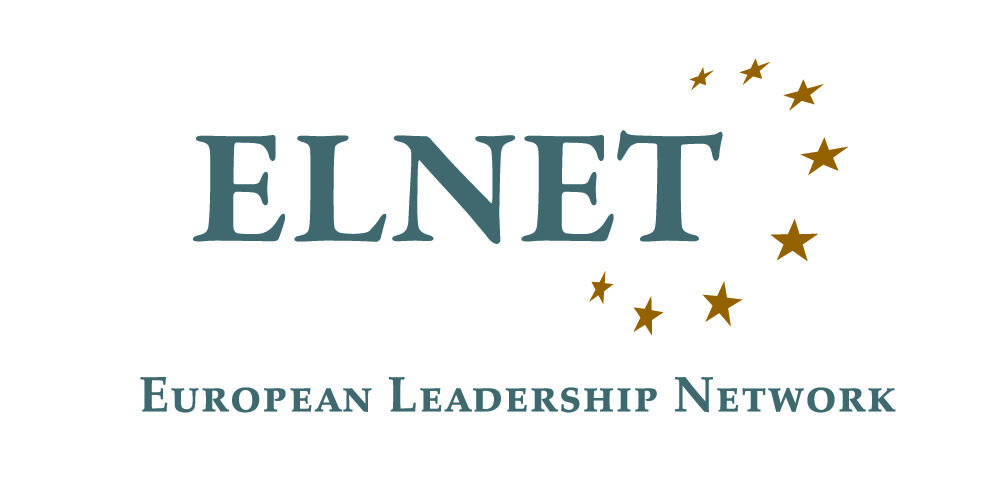The European Leadership Network (ELNET) UK and ELNET’s Forum of Strategic Dialogue (FSD) brought together senior members of parliament and experts from the UK and Israel. The dialogue was part of a week-long delegation to Israel organized by ELNET. The group travelled to Israel’s north, Jerusalem, and Tel Aviv, and had meetings with the IDF, MFA, MoD, Knesset members, and experts. The dialogue addressed the following topics: “The Israel-Hamas war as part of Iran’s seven-front regional war” and “UK-Israel relations and the US elections.” The discussions were conducted strictly under the Chatham House Rule.
The dialogue was chaired by Maj. Gen. (ret.) Amos Yadlin, Chair, ELNET’s Forum of Strategic Dialogue; former Head of Israel’s Military Intelligence; former Director, INSS. Participants included members of parliament, senior experts from think tanks, former army officials, journalists, and civil society representatives from Israel and the UK.

Executive Summary:
The Israel-Hamas War as part of Iran’s Seven-Front Regional War
- The war has opened unresolved regional strategic challenges for which Israel – beset by internal divides – is yet to develop a long-term strategic response.
- Israelis are also divided on immediate next steps, with some wanting to continue the war against Hamas, and others calling for a hostage and ceasefire agreement. There is also a need for a clear strategy for the future of the Gaza Strip.
- Israel has substantial achievements in the war but is paying a heavy cost in economic and diplomatic terms, with major differences in public perceptions inside and outside of Israel.
- Some hope that future progress in Israeli-Saudi relations will help reduce anti-Israel sentiment.
- Whilst British participants call for an initiative on the Palestinian issue, even Israelis who support a two-state solution do not think the Israeli public can cope with this currently.
- Israelis call for a strategy to address UNRWA, in advance of the next vote on the renewal of its mandate scheduled for June 2026.
- The war also reflects an absence of a Western strategy to contain and deter Iran, including its nuclear breakout following the collapse of the JCPOA.
- Conflict in the ME is also shaped by the context of global power competition, with Iran backed by Russia and China, whose cooperation is increasing.

UK-Israel Relations and the US Elections
- There is a loss of support for Israel in the West including in the United States, and there is uncertainty over the future of US policy regardless of who wins the presidential election.
- The UK-Israel relationship is in a moment of adjustment under the new Labour government.
- Keir Starmer is widely praised for his efforts to purge antisemitism from Labour after replacing Corbyn, but concerns remain.
- There are a range of interpretations as to the extent to which the recent UK policy decisions increasing pressure on Israel are because of the change to a Labour government.
- Also disputed is the extent to which pro-Palestinian demonstrations in the UK express humanitarian concerns or support for extremism.
- There is concern to avoid importing the conflict into the UK and a need to building bridges between moderate Jews and Muslims.
- There is an internal debate in the UK about proscribing the IRGC, relating to the legal processes and whether it is worth the risk of losing diplomatic relations with Iran.

Conclusions and Recommendations
- Israel must develop a strategy to address the future of the Gaza Strip but also the Iranian-led axis at the regional level. This should combine enhanced military capabilities against Iran and its allies, with a diplomatic strategy including on the Palestinian issue, coordinated with Western allies.
- Without compromising on its legitimate security priorities, Israel must act to stem the loss of support in the West due to Palestinian civilian casualties. It must also address the violence of extremist settlers and the perceived government support for them.
- Israel must improve its public diplomacy and continue to raise awareness of the hostages, including by bringing their family members to the UK.
- The UK and other Western states must urgently focus on a strategy of deterrence against Iranian nuclear breakout, considering all options including triggering the snapback mechanism ahead of the sunset of the snapback clause of the JCPOA in October 2025.
- The UK and Israel must work with allies to address the global dimensions of the challenge, including the support for Iran from Russia and China.
- There is a need to build bridges between moderate Jews and Muslims in the UK.
- The UK and other donor states should review the mandate and role of UNRWA in advance of the next vote to renew its mandate at the UN in June 2026.

